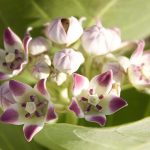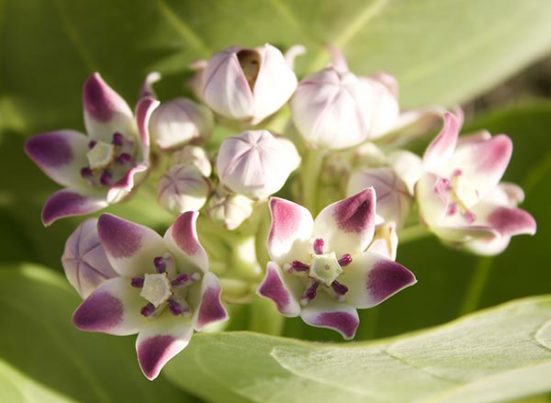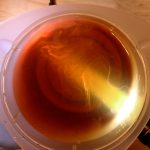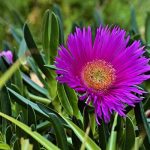Tuesday, October 20, 2020 by Evangelyn Rodriguez
In this study, researchers at Pwani University in Kenya analyzed the methanolic extract of Calotropis procera (Apple of Sodom) to determine if it has antioxidant activities and to measure its total phenolic and flavonoid content. Their findings were published in The Journal of Phytopharmacology.
- C. procera is a traditional Kenyan medicine that has been used for the treatment of various diseases.
- In an attempt to identify a potential source of new antioxidants for use in food and pharmaceutical formulations, the researchers conducted a comprehensive assessment of the antioxidant activity of C. procera stem and root using in vitro chemical analyses.
- They also estimated the total phenolic and flavonoid content and total yield of both samples.
- In addition, they carried out phytochemical tests to identify the active components of C. procera extracts.
- The researchers found that C. procera contains saponins, terpenoids, alkaloids, anthraquinones and plant steroids.
- The stem extract contained significantly higher amounts of phenol and flavonoids than the root sample.
- The researchers also found a correlation between C. procera extract’s total phenolic content and the half-maximal effective concentration (EC50) values for its DPPH free radical scavenging activity and reducing power.
Based on these findings, the researchers concluded that the methanolic extracts of C. procera stem and root have strong free radical scavenging activities, making the plant a good source of antioxidants.
Read the full study at this link.
Journal Reference:
Wilton Mbinda, Colleta Musangi. ANTIOXIDANT ACTIVITY, TOTAL PHENOLIC AND TOTAL FLAVONOID CONTENTS OF STEM BACK AND ROOT METHANOLIC EXTRACTS OF CALOTROPIS PROCERA. The Journal of Phytopharmacology. 2019;8(4):161-166.








